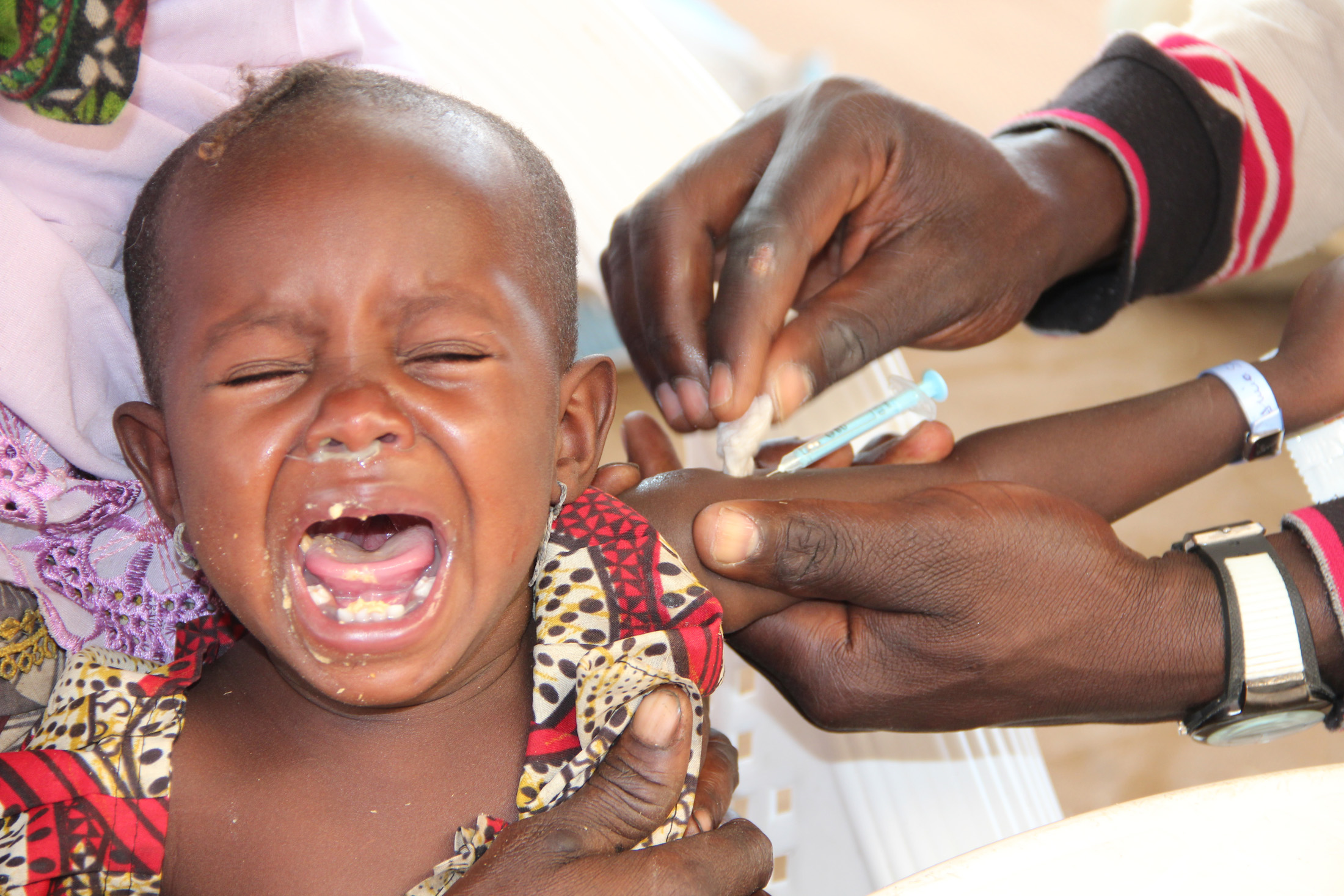“Somalia has experienced a relatively increased humanitarian space, and this has helped aid agencies to increasingly [provide] health services to the population who were earlier inaccessible,” Omar Saleh, UN World Health Organization (WHO) emergency coordinator for Somalia, told IRIN.
Epidemiological surveillance, too, has increased. “This has helped in detecting and dealing with possible disease outbreaks and putting adequate measures to control any outbreaks that might occur,” he added.
In the newly accessible areas, two hospitals were built in Gedo and Galgaduud regions, three makeshift camps were established in Bakool and Lower Juba, and another three hospitals were scaled up for emergency surgery and cesarean section. The newly established health facilities serve about one million people.
Improved access
Al-Shabab had restricted humanitarian access to many of the areas it controlled before Somalia’s security forces, with the help of the African Union Mission in Somalia (AMISOM), took back most parts of central and southern Somalia in late 2012.
Attacks on humanitarian workers have since decreased significantly, according to a humanitarian bulletin released in January by the UN Office for the Coordination of Humanitarian Affairs (OCHA).
This has enabled aid groups to reach long-underserved populations.
Between November 2012 and January 2013, over 383 000 children under the age of five were targeted with polio vaccination and almost 80 000 children were vaccinated against measles.
Between 14 and 16 January 2013, Somalia’s health authorities, together with UN agencies such as WHO and the UN Children’s Fund (UNICEF), vaccinated an estimated 17,000 children against polio in urban areas of Kismayo, the last of Al-Shabab’s strongholds.
A campaign launched in December 2012 aimed to provide health and nutrition services, including vaccinations, to some 275,000 children under age five and 394,000 women of childbearing age in 26 districts and settlements for displaced people.
In addition to improvements in healthcare, the number of people in crisis in Somalia has been halved in the past two months to 1.05 million, according to the OCHA.
More work ahead
Still, WHO estimates that 215,000 children in Somalia are malnourished and at risk of malnutrition-related complications; they are in urgent need of healthcare.
And experts say there remains great need for healthcare in rural regions.
“There is need to ensure more people in rural areas can receive health and other humanitarian [services] because at the moment Mogadishu and other urban centers have been the centre of focus,” WHO’s Saleh said.
And insecurity remains a significant impediment to efforts to reach those in need of other forms of humanitarian assistance.
“Despite concrete gains, overall access for humanitarian actors remains extremely challenging. The complex dynamic of conflict and clan-related insecurity in Somalia continues to drive displacement, disrupt livelihoods and agriculture, create emergency needs, and hamper aid efforts,” OCHA said in a recent bulletin.
ko/rz
This article was produced by IRIN News while it was part of the United Nations Office for the Coordination of Humanitarian Affairs. Please send queries on copyright or liability to the UN. For more information: https://shop.un.org/rights-permissions





